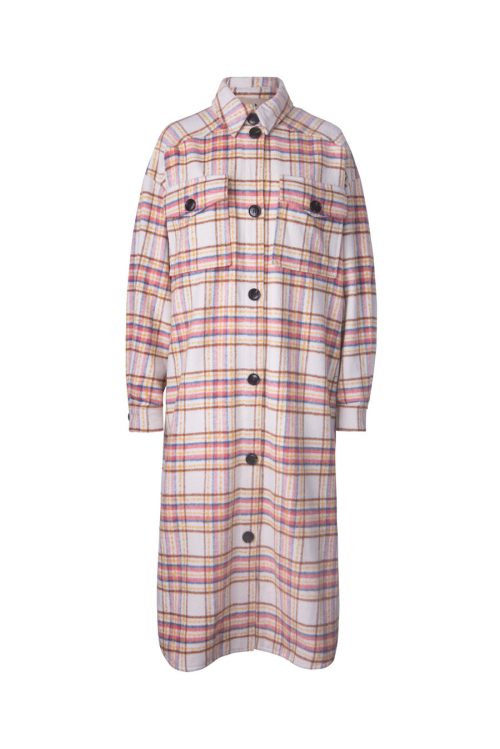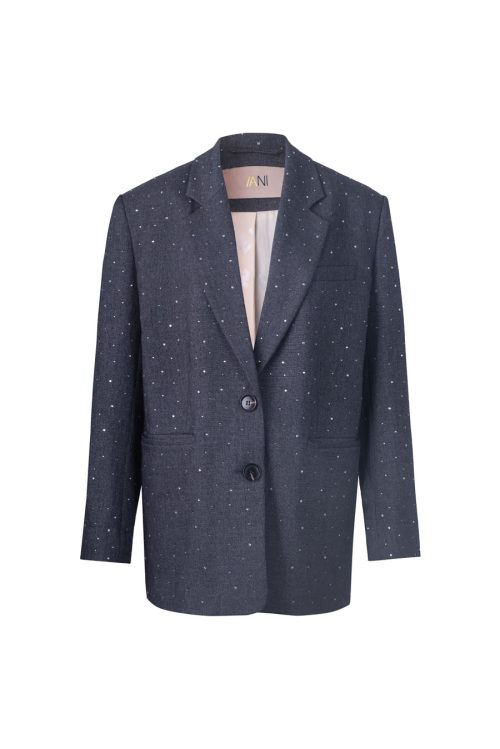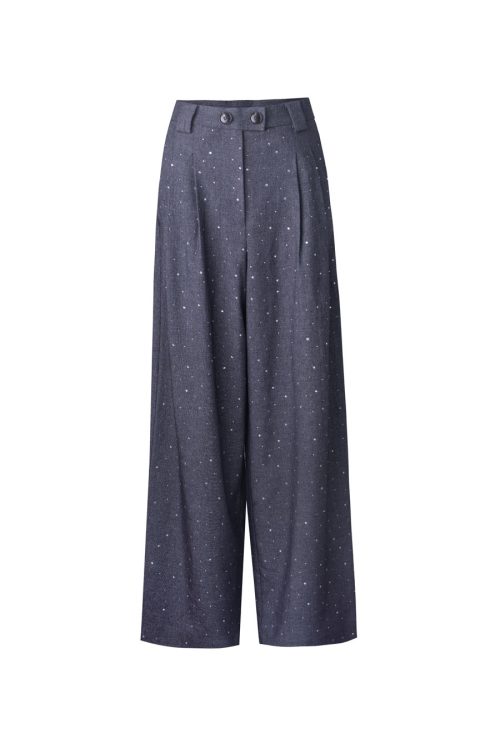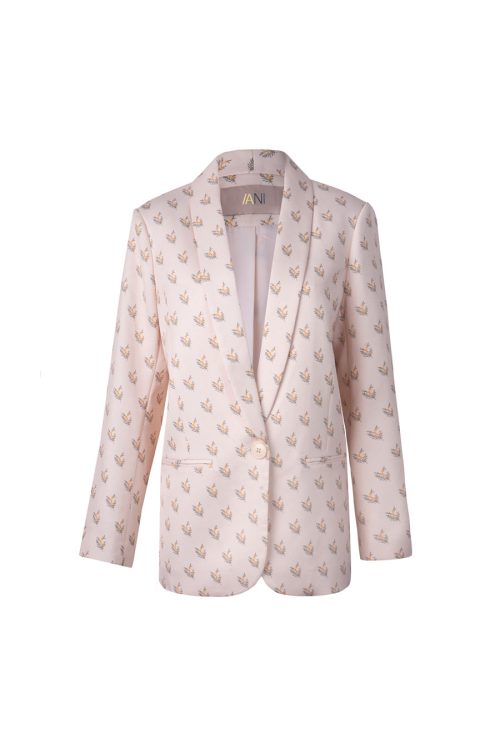
The market for second hand clothes is booming as more consumers seek sustainable and affordable fashion options. China has become a significant player in the global second hand clothing market, offering a wide variety of high-quality garments at competitive prices. This article explores the advantages of sourcing second hand clothes from China, highlights the top cities for wholesale suppliers, and provides tips on how to start a successful second hand clothing business.
Benefits of Second Hand Clothes
Environmental Impact
One of the most compelling reasons to choose second hand clothes is the positive environmental impact. By giving garments a second life, we reduce waste and decrease the demand for new clothing production, which in turn conserves resources and minimizes pollution. Embracing second hand fashion is a practical way to support sustainability and reduce the fashion industry’s carbon footprint.
Cost Savings
Second hand clothes are significantly more affordable than new garments. Retailers can purchase bulk second hand clothing at a fraction of the cost, allowing them to offer competitive prices to consumers while maintaining healthy profit margins. This cost savings is particularly attractive to budget-conscious shoppers and those looking for high-quality items at lower prices.
Unique Fashion Finds
Second hand clothes offer a treasure trove of unique and vintage fashion finds. Consumers can discover one-of-a-kind pieces that are no longer available in stores, allowing them to express their individual style. This uniqueness is a major draw for fashion enthusiasts who seek distinctive and rare items.
Why Source from China
Cost Efficiency
China is known for its cost-efficient production and supply chains, and the second hand clothing market is no exception. The lower labor and operational costs in China translate to affordable prices for bulk second hand clothing. This cost efficiency makes it possible for retailers to source large quantities of high-quality garments without breaking the bank.
Wide Selection
Chinese suppliers offer a wide selection of second hand clothes, catering to various styles, sizes, and preferences. Whether you’re looking for casual wear, formal attire, or seasonal clothing, Chinese suppliers have a vast inventory to meet diverse consumer demands. This extensive selection ensures that retailers can keep their inventory varied and appealing.
Quality Assurance
Despite the affordability, Chinese suppliers maintain high standards of quality assurance. Many suppliers implement rigorous sorting and grading processes to ensure that only the best second hand garments are made available for wholesale. This attention to quality is crucial for maintaining customer satisfaction and trust.
Top Cities in China for Second Hand Clothes
Guangzhou
Guangzhou is a major hub for the second hand clothing industry in China. The city boasts numerous wholesale markets and suppliers specializing in second hand garments. Guangzhou’s well-established infrastructure and logistics networks make it an ideal location for sourcing and shipping second hand clothes to international markets.
Shanghai
Shanghai is another key city for second hand clothing wholesalers. Known for its vibrant fashion scene, Shanghai offers a diverse range of second hand garments. The city’s strategic location and advanced logistics capabilities facilitate efficient transportation and timely delivery of goods.
Beijing
Beijing, as the capital city, has a significant presence in the second hand clothing market. The city’s suppliers are known for their reliability and quality. Beijing’s extensive wholesale markets provide retailers with access to a wide variety of second hand garments at competitive prices.
How to Identify Reliable Suppliers
Evaluating Supplier Credentials
When sourcing second hand clothes, it’s crucial to evaluate the credentials of potential suppliers. Look for suppliers with a proven track record, positive customer reviews, and relevant industry certifications. Visiting suppliers in person and inspecting their facilities can provide valuable insights into their operations and reliability.
Quality Control Measures
Quality control is paramount in the second hand clothing market. Reliable suppliers implement thorough sorting, grading, and cleaning processes to ensure that garments meet high standards. Ask potential suppliers about their quality control measures and request samples to assess the quality firsthand.
Ethical Considerations
Ethical sourcing is essential when dealing with second hand clothes. Ensure that suppliers follow ethical practices, including fair labor conditions and responsible sourcing of garments. Partnering with ethical suppliers not only supports sustainable practices but also enhances the reputation of your business.
Steps to Start a Second Hand Clothing Business
Market Research and Business Planning
Conduct thorough market research to understand the demand for second hand clothes in your target market. Identify your target audience, analyze competitors, and develop a business plan outlining your goals, strategies, and budget. A well-researched plan is the foundation of a successful business.
Building Supplier Relationships
Establishing strong relationships with suppliers is crucial for ensuring a steady supply of high-quality second hand clothes. Communicate your requirements clearly, negotiate terms, and establish reliable communication channels. Building trust and rapport with suppliers can lead to long-term partnerships and better deals.
Effective Marketing Strategies
Effective marketing is key to attracting customers and driving sales. Utilize online platforms, social media, and local events to promote your second hand clothing business. Highlight the unique value propositions of second hand clothes, such as sustainability, affordability, and unique fashion finds, to appeal to consumers.
FAQs
How can I find reliable second hand clothes suppliers in China?
Research online directories, attend trade shows, and seek recommendations from industry peers. Verify supplier credentials, visit facilities, and request samples to ensure quality.
What are the legal considerations when importing second hand clothes?
Check the import regulations of your country regarding second hand clothes. Ensure compliance with health and safety standards and obtain any necessary permits or certifications.
How do Chinese suppliers ensure the quality of second hand clothes?
Chinese suppliers implement sorting, grading, and cleaning processes to ensure high quality. Many use advanced techniques to remove stains and repair garments, making them suitable for resale.
What are the shipping options for orders from Chinese suppliers?
Shipping options include air freight, sea freight, and express courier services. Discuss logistics with your supplier to find the most cost-effective and reliable shipping method for your needs.
Can I customize the selection of second hand clothes with Chinese suppliers?
Yes, many suppliers offer customization options, allowing you to specify types, sizes, and styles of garments. This flexibility helps you meet the unique needs of your market.
What are the benefits of sourcing second hand clothes from Guangzhou?
Guangzhou offers a wide selection of second hand garments, competitive prices, and efficient logistics. The city’s wholesale markets are ideal for finding high-quality second hand clothes.
Conclusion
Sourcing second hand clothes from China, particularly from cities like Guangzhou, Shanghai, and Beijing, offers numerous advantages. From cost efficiency and wide selection to quality assurance, Chinese suppliers provide retailers with the tools to succeed in the growing second hand clothing market. By carefully selecting reliable suppliers and building strong relationships, retailers can thrive in the second hand fashion industry and meet the increasing demand for sustainable and affordable clothing.




